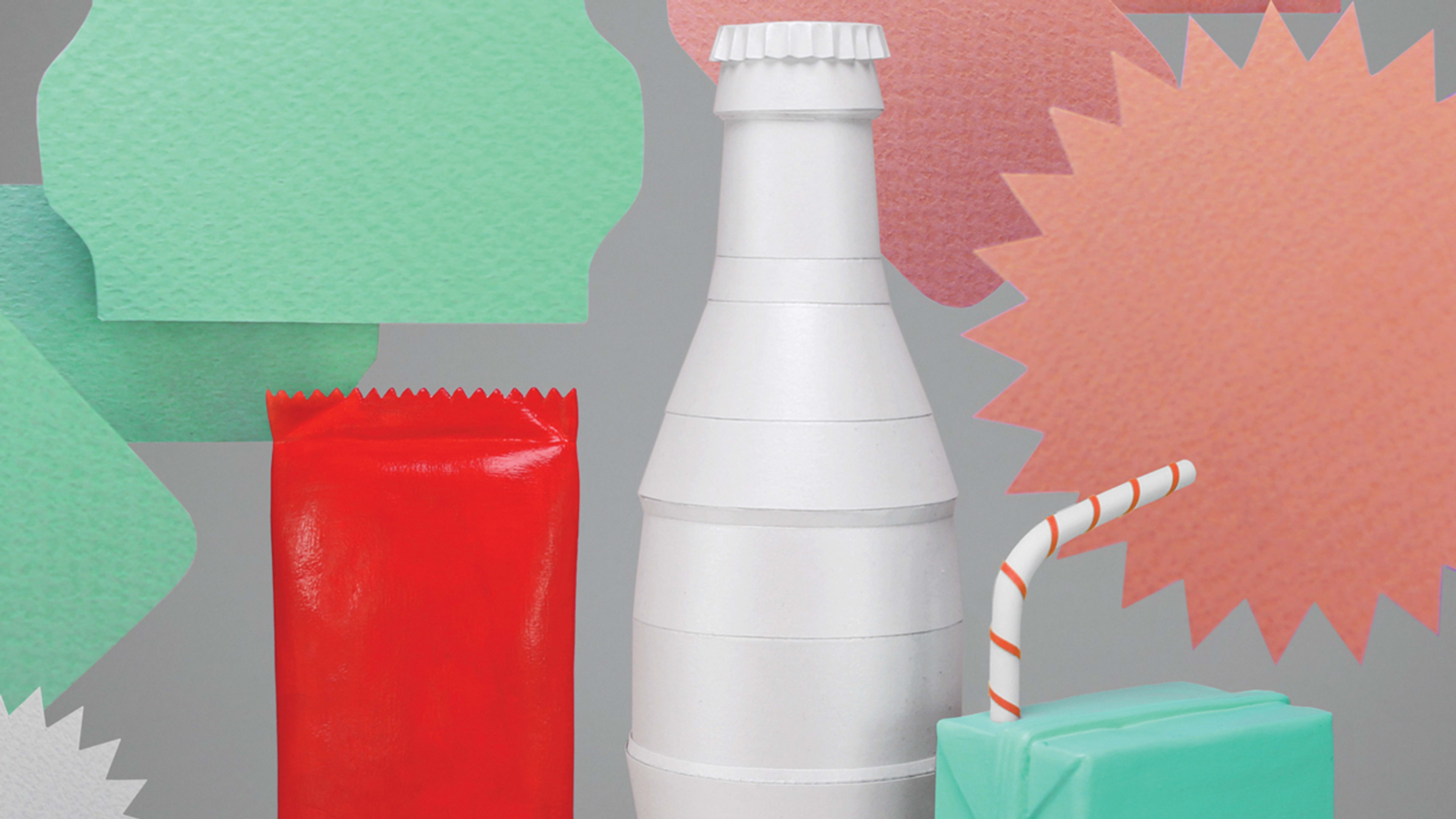“We’re unapologetically redefining what it means to be a brand,” says Tina Sharkey, cofounder and CEO of the startup CPG company Brandless, which sells plainly packaged, high-end staples for $3 apiece. She’s not alone. Consumers, overwhelmed by choice and conducting chaotic lives, are getting fatigued by the narratives brands have constructed about themselves. After decades of new brands rising by virtue of storytelling, some upstarts are turning down the noise and letting their letting customers color in the lines.
M/F People, a cosmetics and clothing startup that, like Brandless, launched last year, starts from the idea that we all do the same things when we wake up, so why do we have to navigate a “clusterfuck of labels and brands,” as founder Greg Alterman puts it, just to shower, brush our teeth, and get dressed? M/F simplifies the morning routine with an array of luxe, non-gendered products, from its charcoal toothpaste to its premium pima cotton tees and sweats. When you remove the artifice–of the gendered bath products that M/F makes fluid, or of the Venetian gondolier on bottled pasta sauce—what’s left is what matters. And eliminating what Sharkey calls the “brand tax” allows these companies to pass the savings on to consumers.
I’m being deliberately cheeky in suggesting that companies like Brandless and M/F People have “no brand.” Rather, what’s impressive is that they are pulling back from most brand marketers’ natural instinct to fill in every bit of white space surrounding a product and in the process creating an even stronger brand. As Sharkey says, “Apple sauce is apple sauce. Who said it had to be a kids’ snack? We’re calling things what they are.” Brandless lets its customers show the company how they use its products, showcasing their collective creativity on its Instagram feed and inspiring others to participate in the community Brandless is creating around its products. Similarly, M/F’s muted tones and comfortable silhouettes call attention to the person wearing them rather than trying to steal that attention for itself.
Both companies take a bold step forward in ameliorating the paradox of choice for consumers. M/F and Brandless each sell bundles of products, making it easier to know that their shower needs or family breakfasts are taken care of in one click. Brandless, by making every product $3 and offering a membership that eliminates shipping costs, goes further in removing the friction that can come from price-comparison shopping in the grocery store or elsewhere online. M/F, for its part, offers all its bathroom products in a single, appealing kumquat scent, eliminating another vector of chaos in the product landscape.
Recognize your brand’s excellence by applying to this year’s Brands That Matter Awards before the early-rate deadline, May 3.
